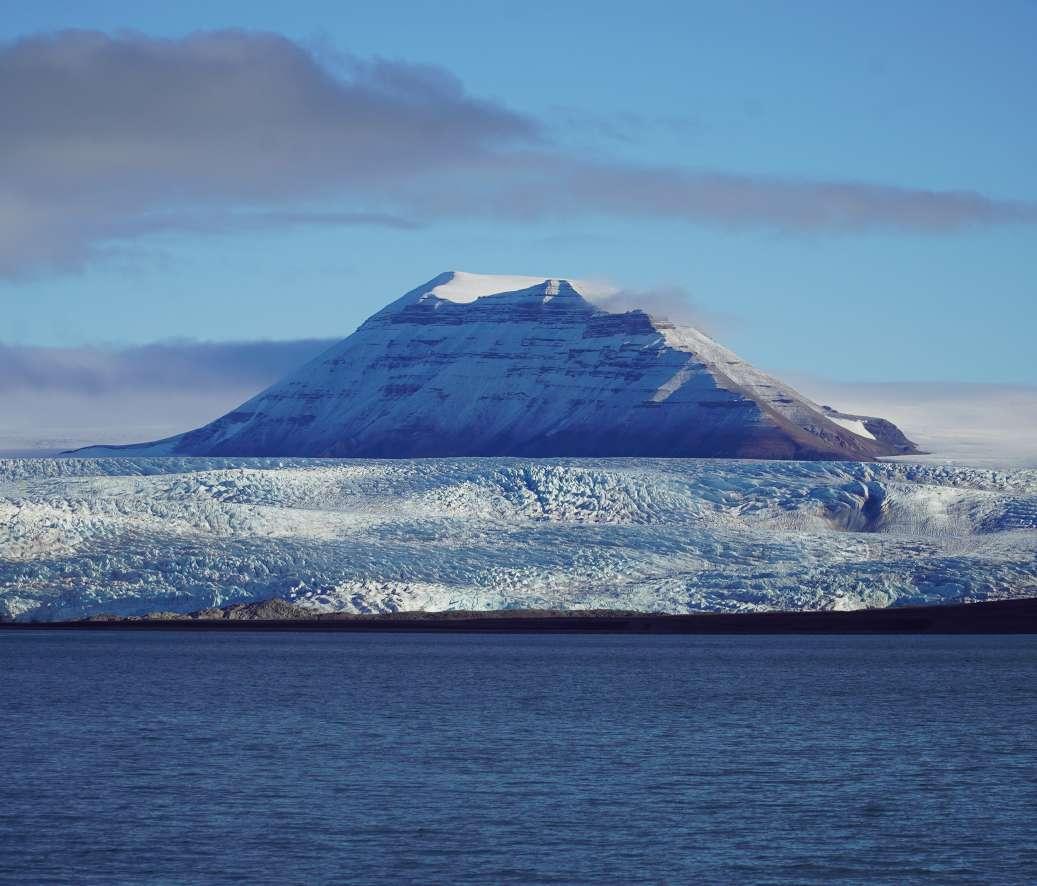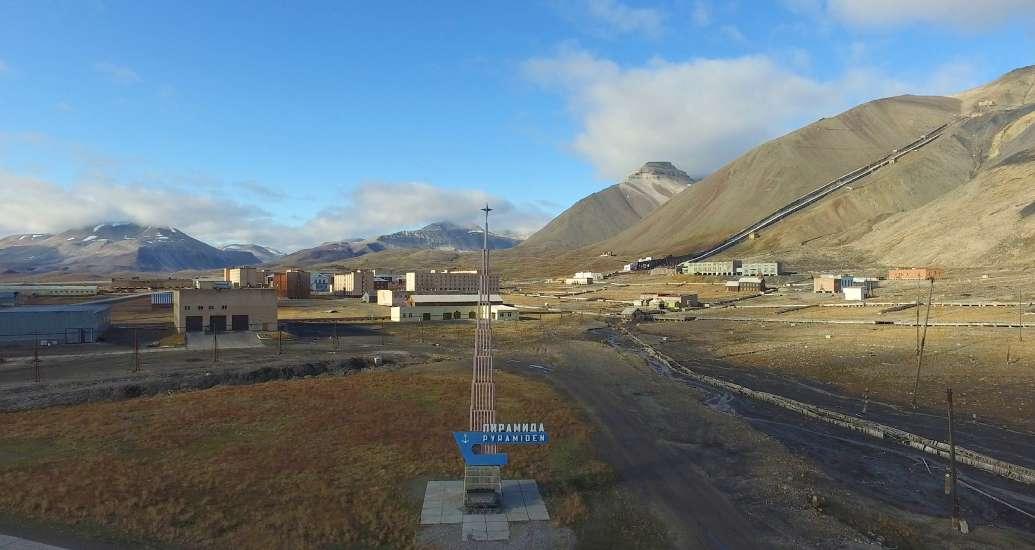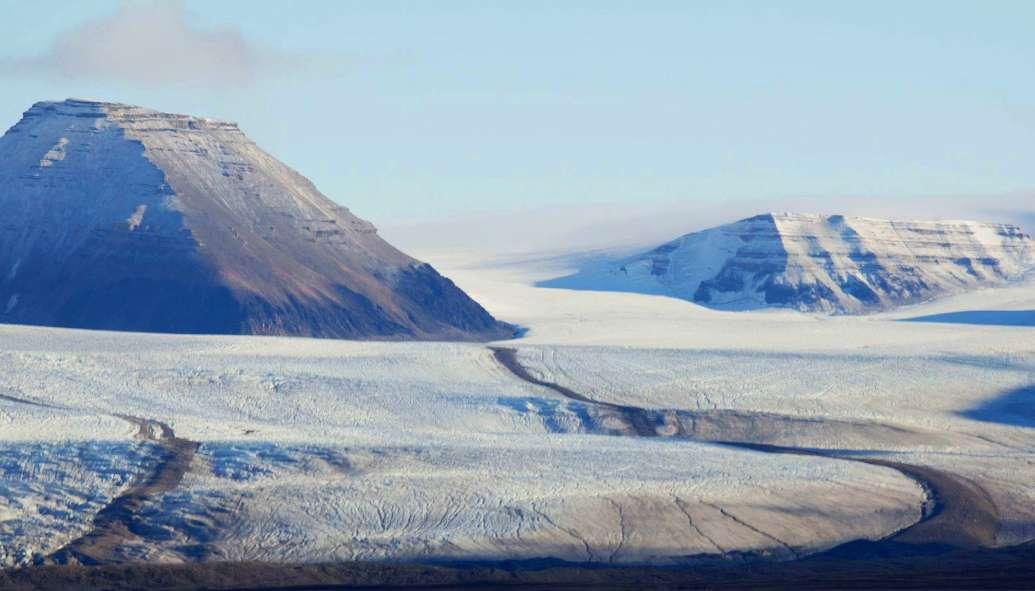
1 minute read
VELO 2023 GRAND ERA
from VELO Magazine 2023
by Vision Index
NET ZERO CARBON EMISSIONS, ESG, VELO IS COMMITTED TO A SUSTAINABLE PLANET
Following three years of the pandemic, a fresh sense of stability has emerged with the reactivation of all economic activities. At the same time, Euro announced the Carbon Border Adjustment Mechanism (CBAM) will enter into a transitional phase as of October 1, 2023, and take effect in 2027. This meant that for all imported products, if the amount of carbon emitted during production surpasses the permitted limit of the importing country, additional costs are incurred in the form of carbon certificates and tariffs. As a result, the significance of Environmental, Social, and Governance (ESG) factors has heightened, and they are now essential for businesses to thrive within the EU.
Advertisement
Since 44% of Taiwanese bikes are sold to the EU, CBAM certainly will greatly impact the Taiwanese bicycle industry. EU’s new policy in response to the global warming crisis reveals the main challenges we are facing: How serious is global warming? How does it impact the environment and ecology? As the foremost global leader in the bike industry, how can Taiwanese bike corporations navigate the efforts to combat climate change? Let's investigate this issue from the front line of the climate crisis, the Arctic Circle.
New Record High Weather In The Arctic Circle Signifies Red Alert For Global Warming
Located at 78°N and 15°E, with a human population of 2,500 and 3,000 polar bears, Svalbard is the northernmost inhabited island on the planet and is currently experiencing the greatest rise in average temperature. Over 60% of its terrain comprises magnificent and breathtaking glaciers, where the frigid northern wind once conversed with icebergs. However, now one can only hear the heartwrenching sound of ice fragments breaking apart.
Research has indicated that temperatures in the Arctic are rising four times faster than in other regions, and the average temperature in Svalbard has reached a record high of 7.4°C. As a result of seven consecutive years of higher than average temperatures, numerous icebergs have melted into the water. This has led to the loss of habitats for polar bears, which are now dying of starvation due to prolonged swimming time. Reindeer populations have also been devastated as they are unable to find sufficient food on the tundra. Additionally, the melting permafrost will release a significant amount of methane, as well as up to 1021 microbes (including bacteria, viruses, and fungi) and 1.7 trillion CO2 previously stored in the ground, into the air each year. This will cause sea levels to rise, leading to a global catastrophe.












